Latest News
Hydrogen Innovation in the Tees Valley
Researchers at Durham University and Teesside University have secured £11million to accelerate the use of hydrogen in the Teesside Industrial Cluster
Shock waves at UK Government’s announcement to allow fracking
The UK Government decision to lift the moratorium on UK fracking in England has sent shock waves through the energy industry. The decision forms part of the UK Government’s measures to strengthen the UK energy security and desire to be a net energy exporter by 2040.
Nicola Sturgeon, First Minister for Scotland has stated that there will be no fracking in Scotland despite the decision in England.
Respected environmental campaigner honoured in ceremony at Durham Cathedral
We are delighted to announce that Maggie Bosanquet has received an honorary Doctor of Science degree from Durham University, recognising her significant contribution to environmental sustainability and low carbon initiatives. Maggie has been instrumental in establishing and building links between the Durham Energy Institute and Durham County Council to deliver low carbon energy solutions in County Durham.
We are delighted to announce the appointment of DEI Advisory Board member Helen Goodman as Professor in Practice in SGIA
Helen will draw on her experience to undertake an inaugural guest lecture which will form part of our new student-focussed seminar series. She will work closely with us to develop our research and links to external partners. Working with Helen, we will also develop a new taught postgraduate programme.
Durham Energy Institute researchers are part of an international collaboration that has developed a novel technique.
Durham Energy Institute researchers are part of an international collaboration that has developed a novel technique to observe the activity of the ocean close to underwater tunnels in tsunami prone regions.
New partnership with India to help decarbonise foundation industries.
A new Durham University partnership with Amrita Vishwa Vidyapeetham (Amrita University) will support key foundation industries in India and the UK to decarbonise using the latest thermal energy innovations.
DUEM voted 2021 Environmental Society of the Year by Bright Network.
Durham University Electric Motorsport (DUEM), the Durham University student society which builds and races solar cars, have been selected as the 2021 Environment Society of the Year by Bright Network, sponsored by Openreach.
Durham City of Culture bid supported by DEI
We’re proud to be supporting Durham’s bid to be UK City of Culture 2025, which has now been formally submitted.
Net Zero Research Hydrogen Fuelled Transportation (NETWORK-H2) invites abstracts for Conference and Special Issue Journal
Network-H2 is organising a Special Issue to be published by the International Journal of Hydrogen Energy and in addition, contributors will have the opportunity to give an oral presentation of their research during online academic conference between 20th and 22nd September 2022. We are now inviting submission of research paper abstracts within the scope of the above challenge themes and any other relevant topics. Deadline for submission is 25th February 2022
DEI welcomes British Council Women in STEM scholars
Durham Energy Institute (DEI) welcomes our 2021/22 cohort of British Council Women in STEM Scholars from the Americas who have joined Durham’s MSc New and Renewable Energy.
Professor Alan Lowdon awarded OBE in New Year’s Honours for pivotal role in developing offshore wind links with USA.
Durham Energy Institute (DEI) Advisory Board Chair and Professor in Practice Alan Lowdon has been awarded the Order of the British Empire (OBE) in the Queen’s New Year’s Honours for services to UK and US offshore wind collaboration.
New Policy Brief: Tools for Local Government Net-Zero Decision Making
This new policy brief investigates how local authorities currently access energy information, and the kinds of model or decision-support that would be useful as they embark on increasingly challenging forms of localised energy planning.


/prod01/prodbucket01/media/durham-university/research-/research-institutes/durham-energy-institute/landscapes-cityscapes-montages-etc/Walney-sunset-2000X800.jpg)
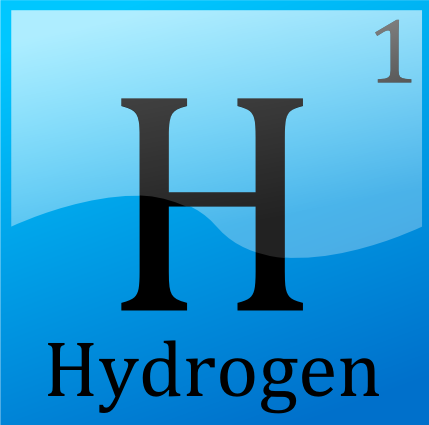
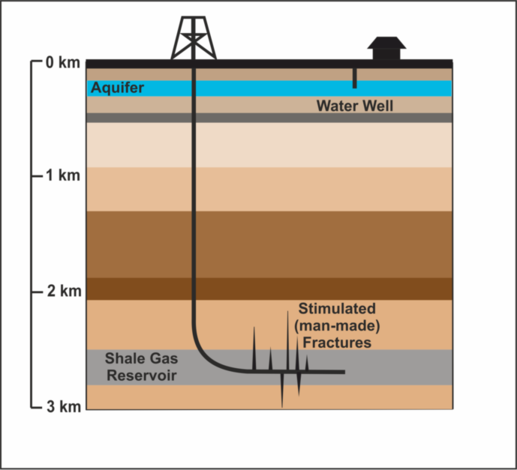
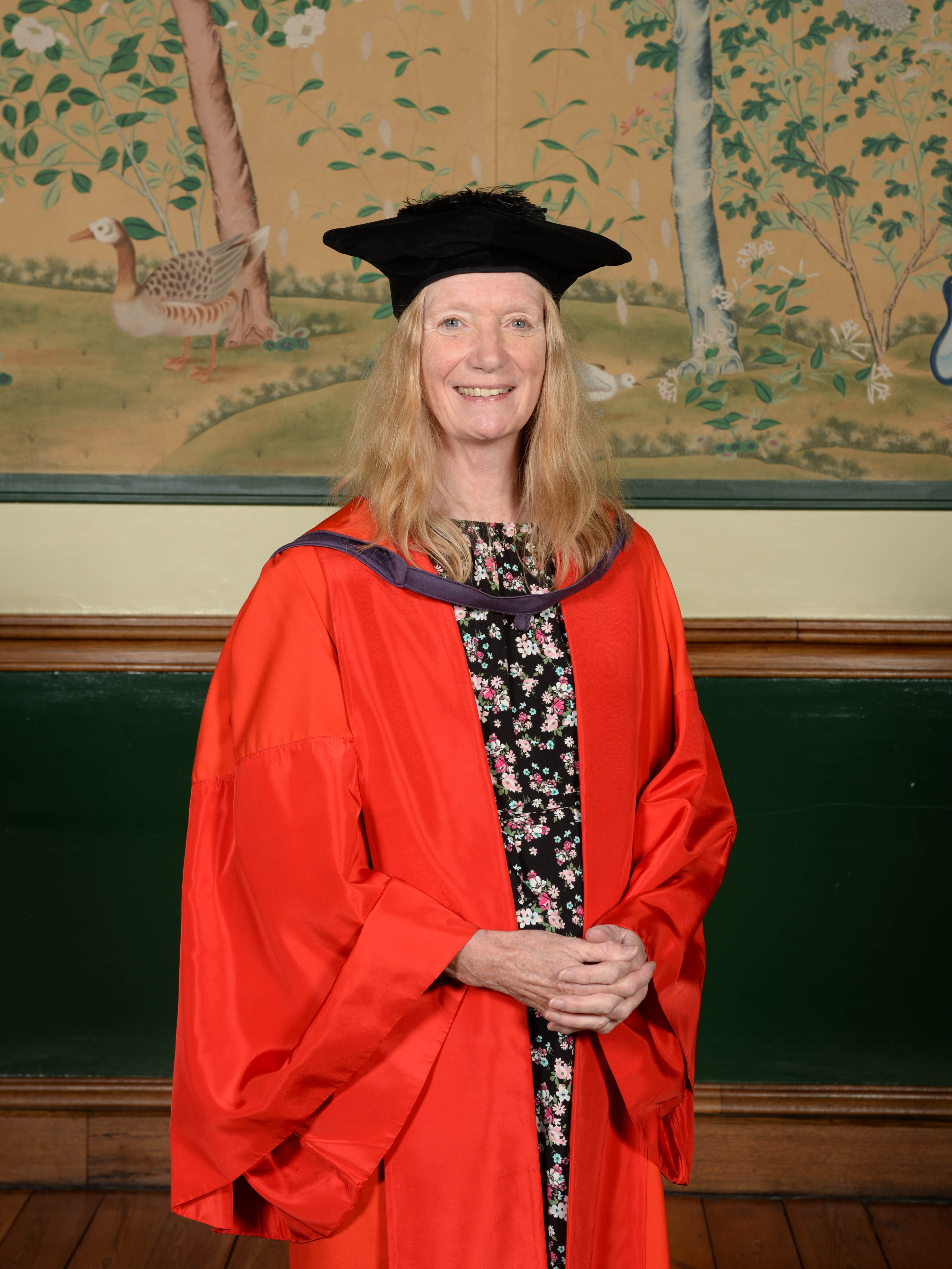
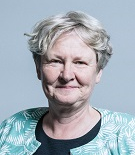

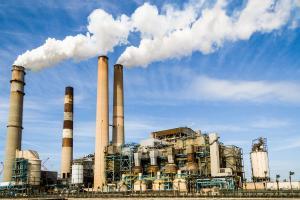
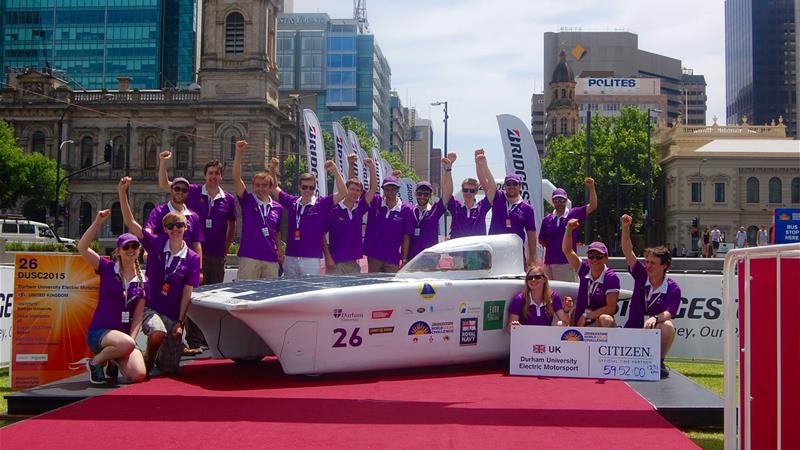




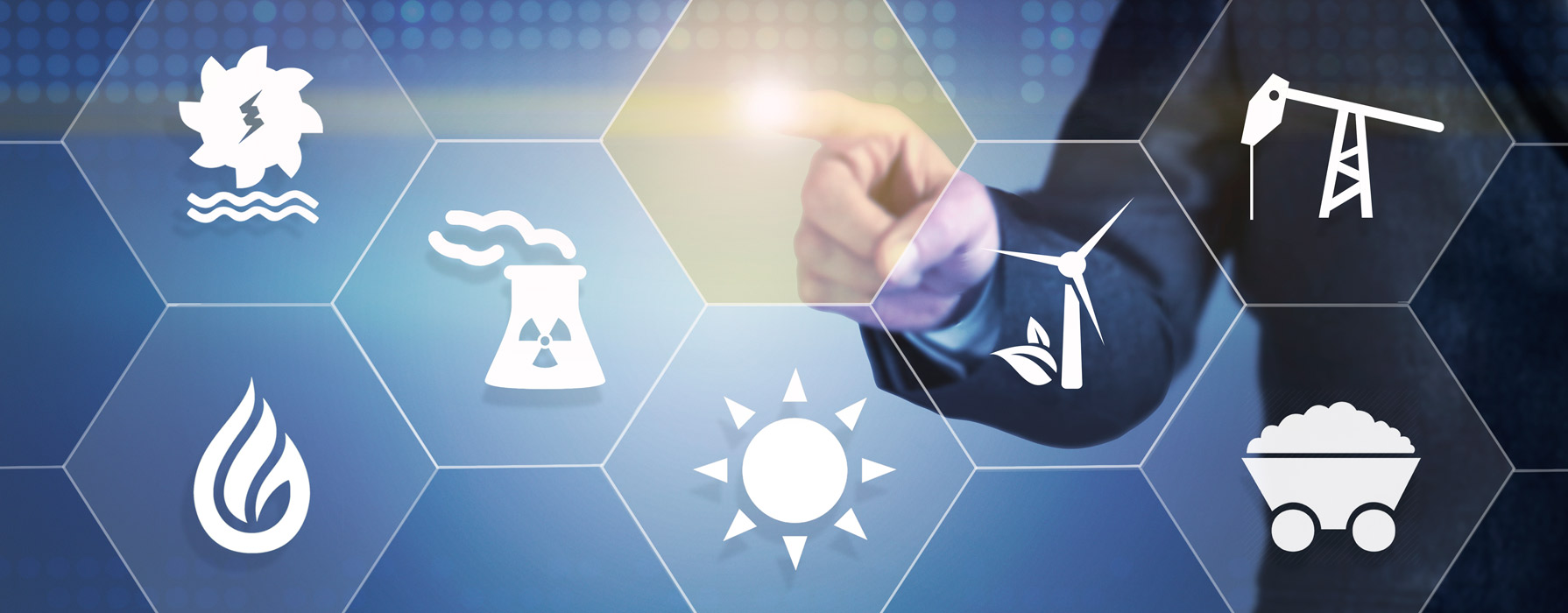
/prod01/prodbucket01/media/durham-university/research-/research-institutes/durham-energy-institute/technologies/wind/Wind-offshore-DONG-poster-image.jpg)
/prod01/prodbucket01/media/durham-university/research-/research-institutes/durham-energy-institute/landscapes-cityscapes-montages-etc/Ana-Rakonjac-1.jpg)
/prod01/prodbucket01/media/durham-university/research-/research-institutes/durham-energy-institute/technologies/oil--gas/Oil_platform_P-51_(Brazil).jpg)
/prod01/prodbucket01/media/durham-university/research-/research-institutes/durham-energy-institute/technologies/solar--pv/Solar-Panel-Toby--Hogg-Resized.jpg)